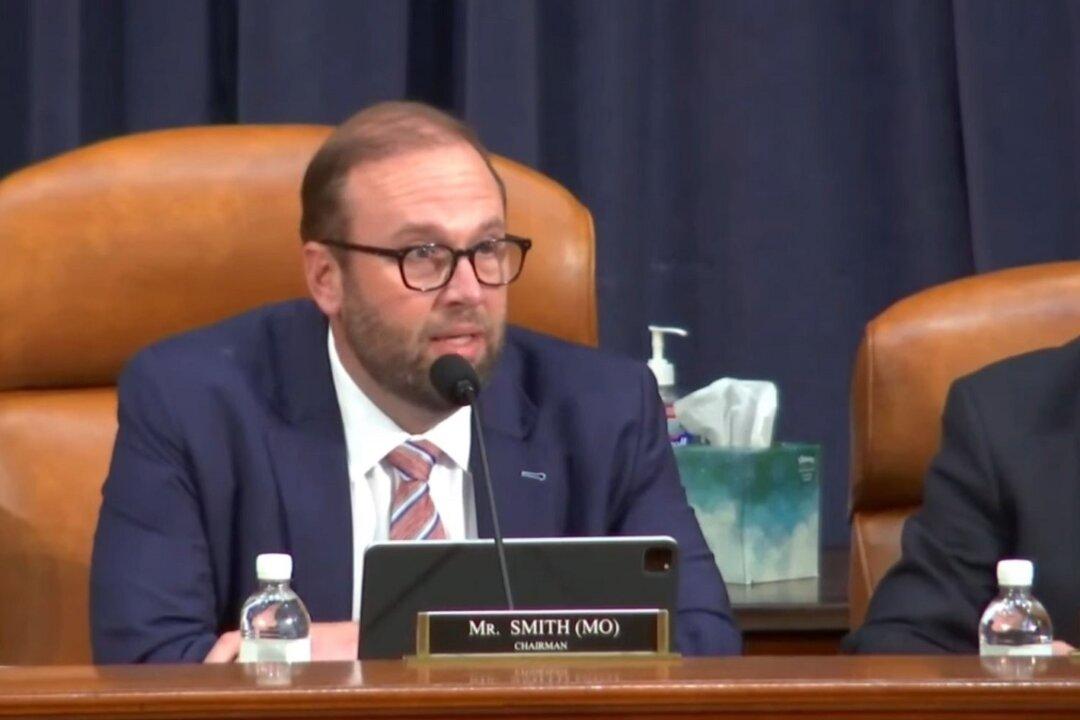Asset managers’ infatuation with the environmental, social, and governance (ESG) agenda is squandering the retirement savings of hardworking Americans, critics argue, but ESG defenders say that the government has no business second-guessing Wall Street fund managers.
The House Ways and Means Committee heard testimony on Nov. 7 from conservatives regarding the increasing toll that the ESG industry is taking on America’s economy and retirement savings, while Democrats condemned efforts to stop the ESG movement as totalitarian and racist.





